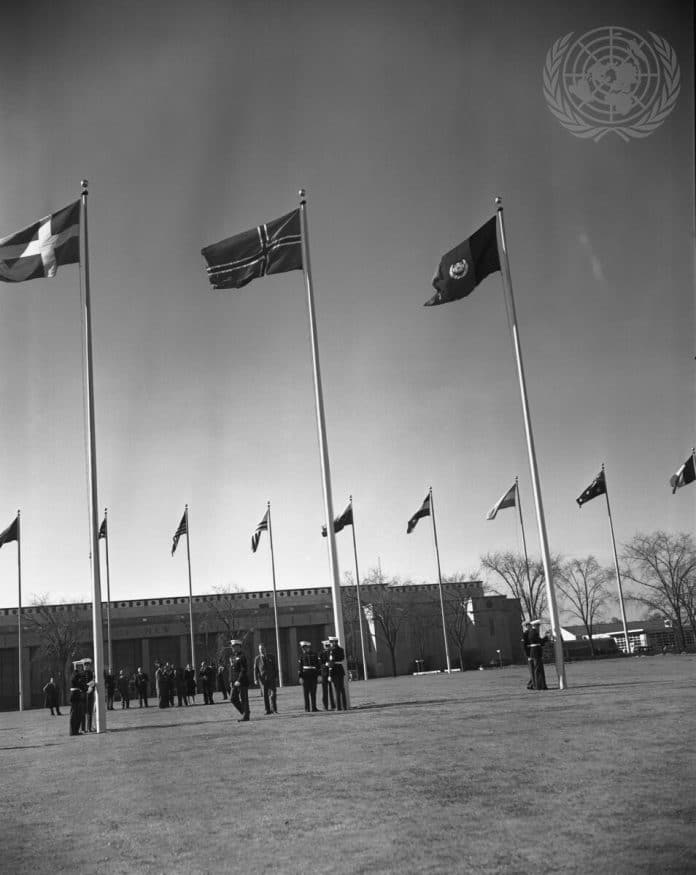
Sweden and Iceland celebrated, today, the 75th anniversary of their membership of the United Nations.
19 November 1946 Sweden, Iceland and Afghanistan signed the UN Charter. Earlier the General Assembly had accepted their applications.
Both Sweden and Iceland have been active members of the United Nations for the past 75 years.

The Swede Dag Hammarskjöld was a very influential 2nd UN Secretary-General. Agda Rössel was the first female UN ambassador.
Sweden organized the first UN conference on the environment fifty years ago in 1972. 100 thousand Swedes have served in one capacity or another in the UN.
“Today the climate, the pandemic and threats to democracy are examples of challenges that demand common solutions. That is why UN membership must continue to be a corner stone of Swedish Foreign Policy,” write Jan Eliasson former UN Deputy Secretary-General and Annelie Börjesson, the Chairwoman of the United Nation Associaton (UNA) of Sweden in an article on the associatons website.

Iceland has also been an active member of the UN. Iceland´s Foreign Minister pointed out in an Op-ed published today in Fréttablaðið that the UN ideal reflected perfectly Icelandic values.
“Our participation in the UN has from the beginning been a corner stone of our Foreign Policy. For the past 75 years Iceland has supported auto-determination, respect for International laws, Human Rights, Gender equality and sustainable use of natural resources.”
Of the five Nordic countries only Denmark and Norway were founding members of the UN in 1945. The two countries had been occupied by Nazi Germany, while Sweden was neutral and Finland had fought the Soviet Union in World War II. Iceland turned down an offer to become a founding member of the UN since a declaration of war on the Axis was a prerequisite for membership.




